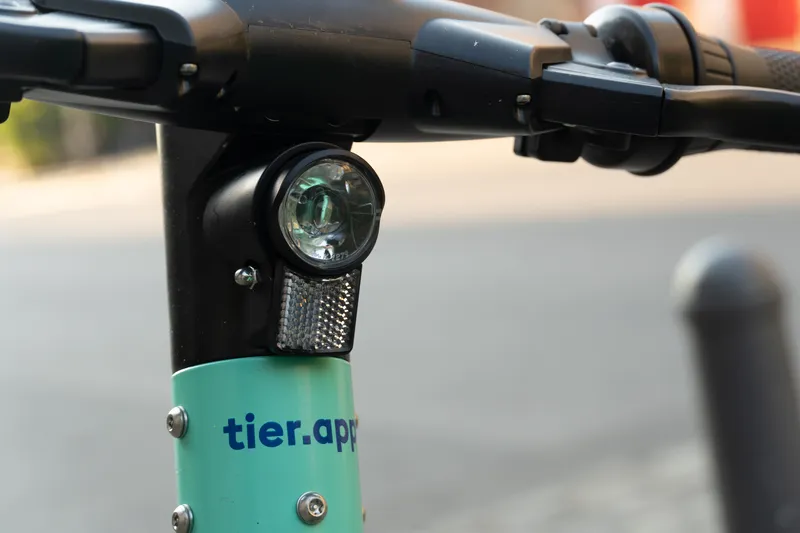October 1, 2021
Covid has spurred discussion about how we want to live in the future and the reallocation of street space is a major subject for debate.
Today, most of our cities still have a car-centric focus - but this animation by PTV Group shows how long it takes to shift 200 people past a traffic light, using various modes of transportation.
Spoiler alert: cars don't come out of it very well...









